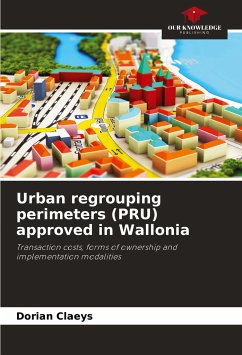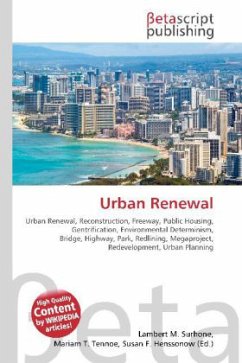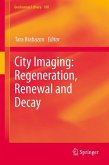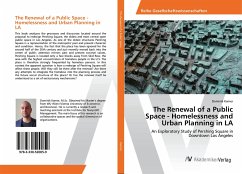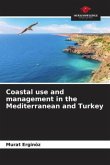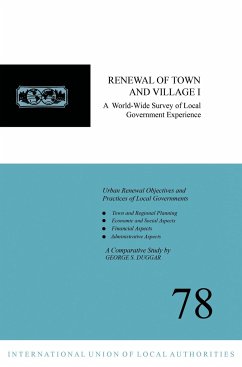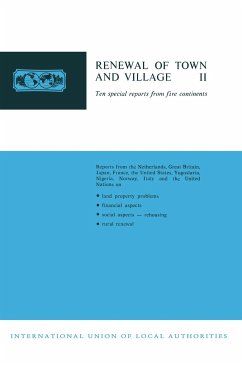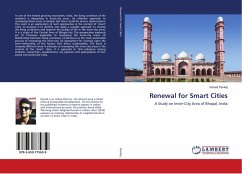The urban regrouping perimeter (PRU) is a Walloon planning tool introduced to promote urban renewal and simplify administrative procedures. Initial research on the tool has shown that the use of the PRU does not seem to be as effective as hoped in reducing the transaction costs (delays) of an urban regrouping operation. Moreover, they have highlighted two forms of appropriation of the tool by the actors: a proactive strategy and an opportunity strategy. The purpose of this paper is to make an overall assessment of the tool ten years after its creation. The methodology used includes an analysis of approved PRU files and interviews with key witnesses. The results confirm the initial conclusions in terms of reducing delays and show the appearance of a new appropriation strategy. In addition, it became apparent during the course of the research that the use of the PRU tool seems to have been compromised in recent years, following a change in the position of the jurisprudence. Proposals for improving the tool are made at the end of the work.
